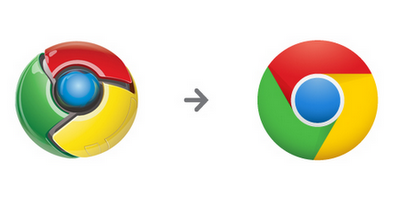Have you seen a warning like this in your web browser console?
“Resource interpreted as Font but transferred with MIME type ...“

Some browsers, like Google Chrome, will show this warning when a font is downloaded from a web server that sets an unexpected MIME type for fonts.
For many font types, there is a solution!
Read the rest of this entry »
In a previous post, Correct MIME Type for CSS Web Fonts, I discussed the lack of official, standards-based MIME types for various web fonts.
In the 18 months since then, the state of MIME types for web fonts largely remains the same:
Because there are no defined MIME types for TrueType, OpenType, and WOFF fonts, the MIME type of the file specified is not considered.
— @font-face, Mozilla Developer Network

Read the rest of this entry »
 The use of
The use of apple-touch-icon.png as defined by Apple is on the rise. This file is a small, square image that is primarily intended for bookmarking a web site on a mobile device.
The icon is used by the Apple iPhone OS and iPod touch software to add a web site shortcut to the Home screen. The benefit of creating an apple-touch-icon.png file is that the icon displayed for the site is defined by the web site owner rather than a thumbnail of the site content generated by the mobile device.
Read the rest of this entry »
Support for CSS3 Fonts via @font-face is now available in Microsoft Internet Explorer, Mozilla Firefox, and Apple Safari, with support in Opera and Google Chrome due soon.

With increasing support, more sites are being designed with web fonts. However, many web servers are not providing the correct MIME type for these files.
For the Apache web server, the following configuration in an .htaccess file will provide the correct MIME type for web fonts:
AddType application/vnd.ms-fontobject .eot
AddType application/octet-stream .otf .ttf
Read the rest of this entry »
![]()
